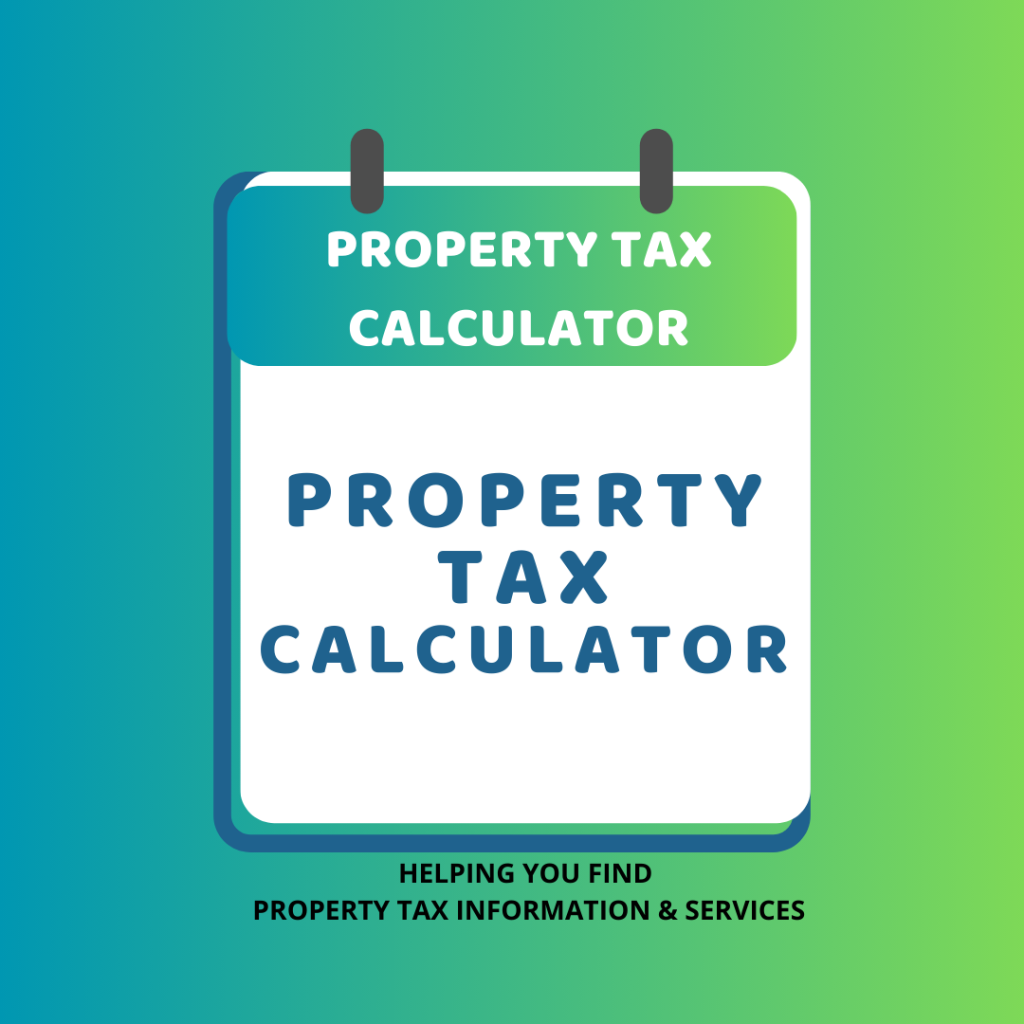Capital gain tax is a critical component of investment planning, especially in Kenya’s dynamic market. For anyone involved in buying or selling assets—whether real estate, stocks, or other investments—understanding capital gain tax is crucial to maximizing profits and ensuring compliance. In this article, we break down everything you need to know about capital gain tax in Kenya for 2024. From basic definitions to complex calculations, and strategies to minimize your tax liability, we’ve got you covered.

What is Capital Gain Tax?
Capital gain tax is a tax imposed on the profit earned from the sale of an asset. In Kenya, this tax applies to various types of assets, including real estate, shares, and other investments. Here’s a closer look at the essentials:
- Understanding Capital Gain Tax
Capital gain tax is calculated based on the difference between the purchase price (or cost basis) of an asset and its selling price. If the selling price exceeds the purchase price, the profit made is considered a capital gain and is subject to tax.
- Tax Rates for Capital Gains
In Kenya, the tax rates for capital gains are straightforward:
- Real Estate: 15% of the net gain.
- Other Assets: 15% of the net gain. This rate applies uniformly across various asset classes.
These rates are designed to ensure that profits from asset sales contribute fairly to government revenue.
- How to Calculate Capital Gain Tax
Calculating capital gain tax involves several steps:
- Determine the Cost Basis: This is the original purchase price of the asset, including any improvements or associated costs.
- Calculate the Selling Price: The amount received from selling the asset.
- Find the Net Gain: Subtract the cost basis from the selling price.
- Apply the Tax Rate: Multiply the net gain by the applicable tax rate (15%) to determine the tax owed.
- Exemptions and Reliefs
Certain exemptions and reliefs may apply to reduce your capital gain tax liability:
- Primary Residence Relief: Gains from the sale of your primary residence may be exempt if specific conditions are met.
- Investment Reliefs: Some investments may qualify for reliefs under various schemes or incentives offered by the government.
Frequently Asked Questions
- What Triggers Capital Gain Tax?
Capital gain tax is triggered when an asset is sold for more than its purchase price. This includes real estate, shares, and other investments. Even gifts or inheritance of assets may have capital gain implications if sold in the future.
- How Can I Minimize My Capital Gain Tax Liability?
Minimizing capital gain tax involves strategies such as:
- Holding Period: Holding assets for longer periods may result in lower overall tax liability due to the ability to offset gains with losses.
- Tax-Advantaged Accounts: Utilize tax-advantaged investment accounts where possible.
- Expense Tracking: Keep detailed records of expenses related to the asset, as these can be deducted from the selling price to reduce the net gain.
- What Are the Penalties for Not Paying Capital Gain Tax?
Failing to pay capital gain tax can lead to penalties, interest on unpaid taxes, and legal action. The Kenya Revenue Authority (KRA) actively enforces tax compliance, so it’s crucial to meet all tax obligations to avoid these issues.
- How Often Should I File My Capital Gain Tax Return?
In Kenya, capital gain tax returns should be filed annually. Ensure you report all capital gains and losses from the previous year and pay any tax due by the stipulated deadlines.
- Can I Appeal a Capital Gain Tax Assessment?
Yes, if you believe your capital gain tax assessment is incorrect, you can appeal to the KRA. Provide supporting documentation and evidence to back up your claim. Consult a tax advisor for assistance with the appeals process.
Tips for Managing Capital Gain Tax
- Keep Detailed Records: Maintain comprehensive records of all transactions, including purchase and sale receipts, improvements, and associated costs.
- Consult a Tax Professional: Seek advice from a tax professional to ensure compliance and optimize your tax strategy.
- Stay Informed: Regularly check for updates on tax laws and regulations that may affect your capital gains.
- Plan Ahead: Incorporate capital gain tax considerations into your overall investment strategy to minimize surprises and optimize financial outcomes.
